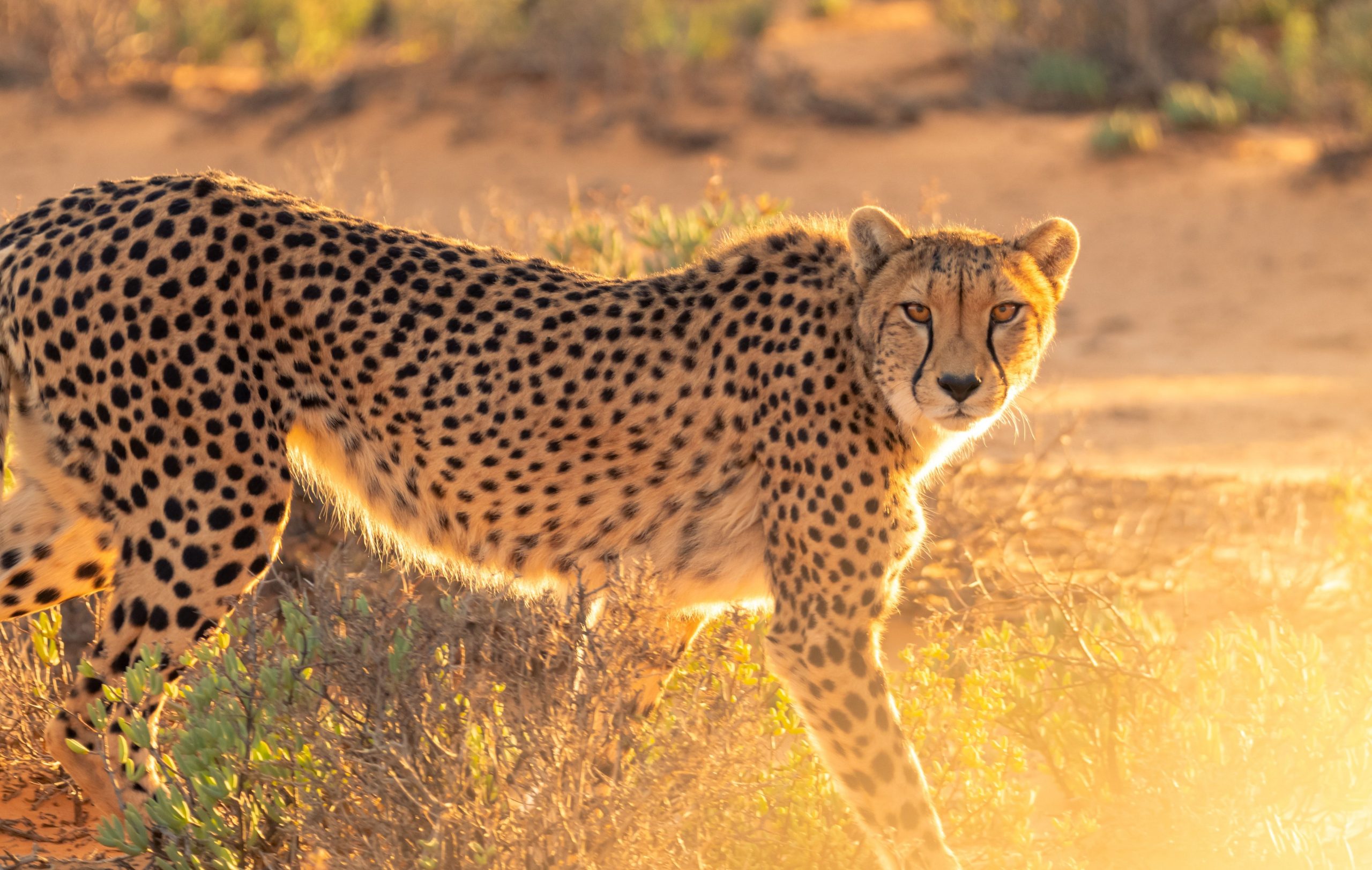As Prime Minister Narendra Modi celebrates his 72nd birthday on Saturday, September 17, he will be releasing eight African cheetahs in the Kuno National Park in Madhya Pradesh. Modi was born in 1950, two years before Indian cheetahs became extinct and three years after the country gained independence.
However, while cheetahs have been extinct in India in the last 70 years, the government has been trying to reintroduce the big cats to the country for a long time. The Supreme Court allowed the reintroduction of the big cats in Indian wilds in January 2020 and the reintroduction and conservation plan has been named Project Cheetah by the Indian authorities.
Also Read: PM Modi to release 8 cheetahs in Kuno National Park on 72nd birthday
What is Project Cheetah?
When PM Modi releases eight African cheetahs, brought from Namibia with the help of the University of Pretoria, at the Kuno National Park in Madhya Pradesh on September 17, 2022, it will formally begin Project Cheetah.
The project is a pilot program to reintroduce the big cats in India, who became extinct in 1952. The proposal to reintroduce cheetahs in India was put forward by several Indian conservationists as well as the Cheetah Conservation Fund of Namibia and the Supreme Court approved the project in 2020.
A MoU was signed between India and Namibia in July 2020, where the African nation agreed to donate eight cheetahs, three males and five females, to begin the project in India. While the Kuno National Park has previously been subject to creating a second population of Asiatic Lions, this is the first time African cheetahs will be introduced at the wildlife sanctuary, or anywhere else in the world.
Also Read: PM Narendra Modi’s 72nd birthday: All you need to know about his schedule
As part of Project Cheetah, almost 50 big cats will be reintroduced to Indian wilds in the next five years. They will be put in different wildlife sanctuaries in Madhya Pradesh, Gujarat, Rajasthan, Karnataka and Andhra Pradesh.
As per the Indian authorities, the cheetahs who will be put in wildlife sanctuaries across the country will have satellite radio collars to track their movement and will also have a dedicated monitoring team.







